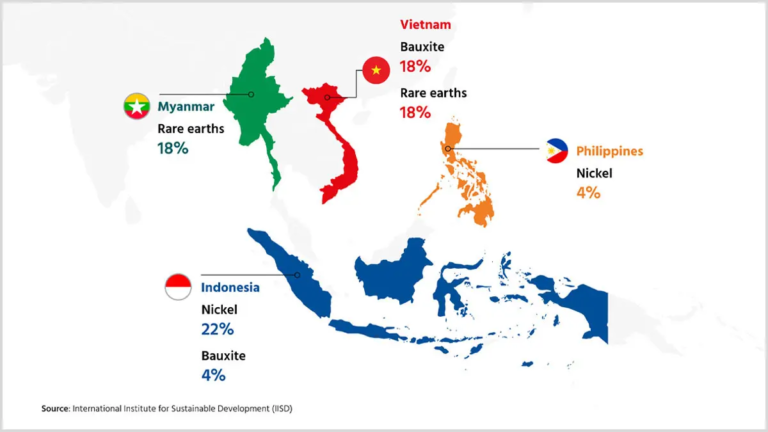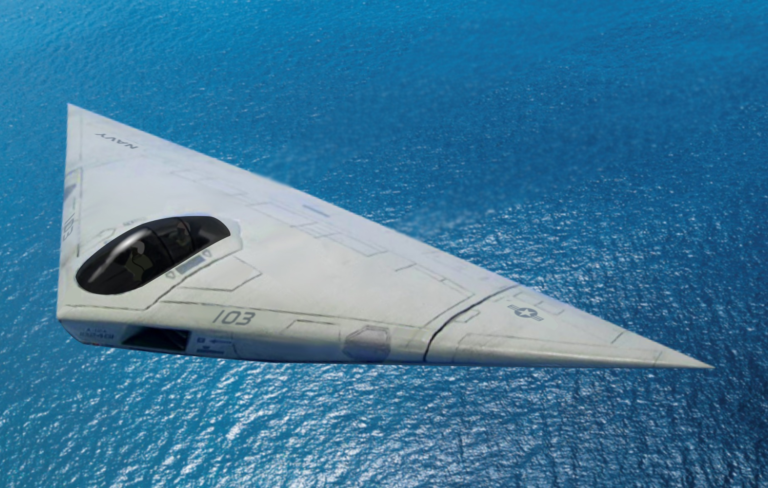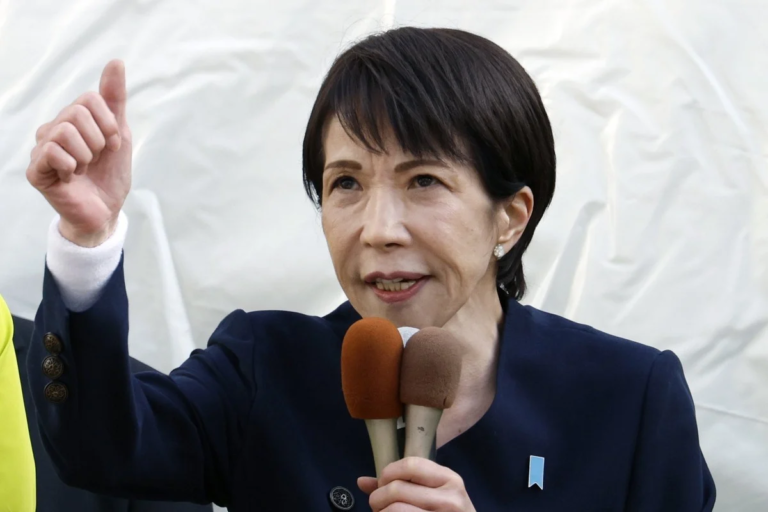
Led by U.S. Ambassador to the FSM Jennifer Johnson, U.S. Navy Rear Adm. Josh Lasky, and FSM Secretary of Foreign Affairs Lorin Robert, the meeting reinforced the enduring partnership under the Compact of Free Association (COFA), focusing on maritime security, sovereignty, and regional stability in the Pacific.
The U.S. Coast Guard, represented by Cmdr. Patton Epperson, the Forces Micronesia/Sector Guam deputy commander, and Lt. Cmdr. Derek Wallin, FM/SG COFA maritime advisor, delivered key briefings under the maritime security and maritime domain awareness line of effort. Their presentations highlighted a year-long scope of work, including bilateral maritime law enforcement operations, law enforcement training, and maritime safety initiatives, while outlining priorities for the next six months. U.S. Coast Guard Capt. Angela Cook, division chief, Oceania policy division, J53 INDOPACOM, was also a key member of the U.S. delegation.
“Our commitment to the FSM is solid,” said Cmdr. Patton Epperson. “Through collaborative efforts like the JCM, we’re reinforcing our strong maritime collaboration and fostering trust to ensure a secure and prosperous Pacific. The U.S. Coast Guard is honored to support our partners in protecting their waters and communities, which are also our maritime borders.”
The JCM addressed four critical lines of effort: homeland defense, internal security, maritime security, and disaster preparedness. Maritime security emerged as a top priority, with FSM leaders requesting increased U.S. Coast Guard presence, more bilateral operations, and enhanced law enforcement training to safeguard their Exclusive Economic Zone (EEZ). Discussions also covered maritime domain awareness, particularly during shared regional operations under the Forum Fisheries Agency like Island Chief and Kuru Kuru, and thoughts on deep-sea minerals and marine scientific research policy refinement.
The U.S. Coast Guard reported progress on prior engagements throughout FSM. In May, a Mobile Training Team (MTT) completed a Basic Boarding Officer course, and earlier this month delivered a Small Boat Operator course. The Service representatives shared updates on how they now handle reports after bilateral operations with the FSM, including the use of the enhancement to the maritime agreement, also known as the shiprider agreement. Signed in 2023, this enhancement allows U.S. Coast Guard teams to board vessels in FSM waters with prior coordination, but without an FSM officer present. They also created standard guidelines based on their formal agreement with the FSM. To facilitate expanded law enforcement training, the U.S. Coast Guard is planning to host a shiprider symposium in Honolulu in 2026, fostering collaboration with FSM state law enforcement and regional partners.
Ambassador Johnson reaffirmed the U.S. commitment to FSM’s sovereignty, emphasizing enhanced safety at sea and resilient communities. Rear Adm. Lasky underscored the role of JTF-M in supporting COFA obligations, noting the U.S. Coast Guard’s contributions to regional security. FSM Secretary Bacalando expressed gratitude for the productive dialogue.
The meeting celebrated milestones, including the selection of FSM citizen Stasia Fugog to the U.S. Coast Guard Academy and ongoing recruiting efforts to provide opportunities for FSM students. The U.S. Coast Guard also affirmed its ongoing commitment to search and rescue operations within FSM waters, building on recent successful cases.
Supporting Ambassador Johnson’s leadership, the U.S. Coast Guard remains dedicated to advancing FSM’s maritime security. The JCM, a cornerstone of COFA’s security and defense relations, fosters open dialogue and actionable outcomes, ensuring a secure and prosperous Pacific.
The U.S. Coast Guard looks forward to continued collaboration, a multilateral exercise in summer 2026, and sustained support for FSM’s maritime priorities. The next JCM will review progress and address emerging challenges, reinforcing the strong bonds between the U.S. and FSM.
-USCG-
About the Compact of Free Association (COFA)
The COFA is a mutually beneficial agreement promoting cooperation and security in the Pacific. It provides unique provisions for defense, economic assistance, and access between the U.S. and the Freely Associated States, including the Federated States of Micronesia, the Republic of the Marshall Islands, and the Republic of Palau.
About U.S. Coast Guard Forces Micronesia/Sector Guam
U.S. Coast Guard Forces Micronesia/Sector Guam and their cutter and boat crews ensure maritime safety, security, and prosperity across the Micronesia region while supporting U.S. national interests at home and abroad. Operating under the Department of Homeland Security, the U.S. Coast Guard remains a multi-mission force dedicated to protecting the United States’ borders, enabling commerce, and fostering partnerships that enhance regional stability.




